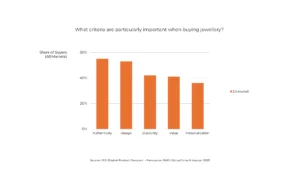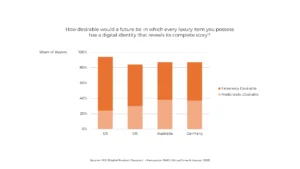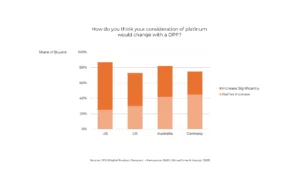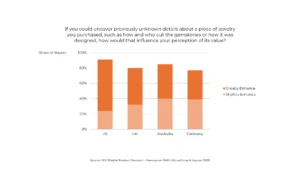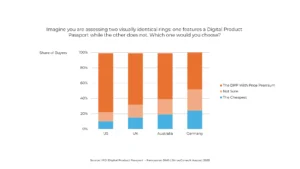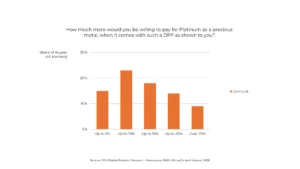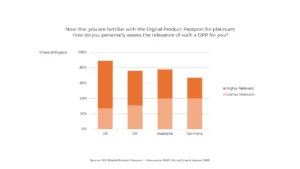A new Bain and eBay report finds that digital product passports (DPPs) can potentially double the lifetime value of fashion items through enhanced resale, traceability and services, turning compliance with upcoming EU regulations into a strategic growth opportunity.
What Is It?
Digital product passports are standardised digital records accessible via QR codes, NFC, blockchain or similar technologies. They detail a product’s materials, origin, care instructions, ownership history and environmental footprint. Designed to support traceability, circular economy operations and enhanced resale, these passports facilitate one‑click resale, tailored aftercare and improved ESG reporting. They are set to become mandatory in the EU under the Ecodesign for Sustainable Products Regulation (ESPR), phasing in from 2026 with full coverage by 2030.
Key People & Companies
- Bain & Company
- eBay
- Alexis Hoopes (VP of Global Fashion, eBay)
- Aaron Cheris (Partner, Bain)
Quoted Statements
“Digital Product Passports are critical to powering the future of circularity in fashion.”
Alexis Hoopes, VP of Global Fashion
“Brands that implement DPPs early can realise enormous economic and strategic benefits … not just a compliance requirement.”
Aaron Cheris, Partner, Bain
Impact & Implications
DPPs transform regulatory burden into commercial asset. By enabling resale, servicing, trade‑in and enriched ESG tracking, they open new revenue streams and deepen consumer engagement. Brands investing early may build resale channels, improve transparency, and strengthen sustainability credentials. Those that delay risk lagging in the growing circular economy space.
Associated Graphics
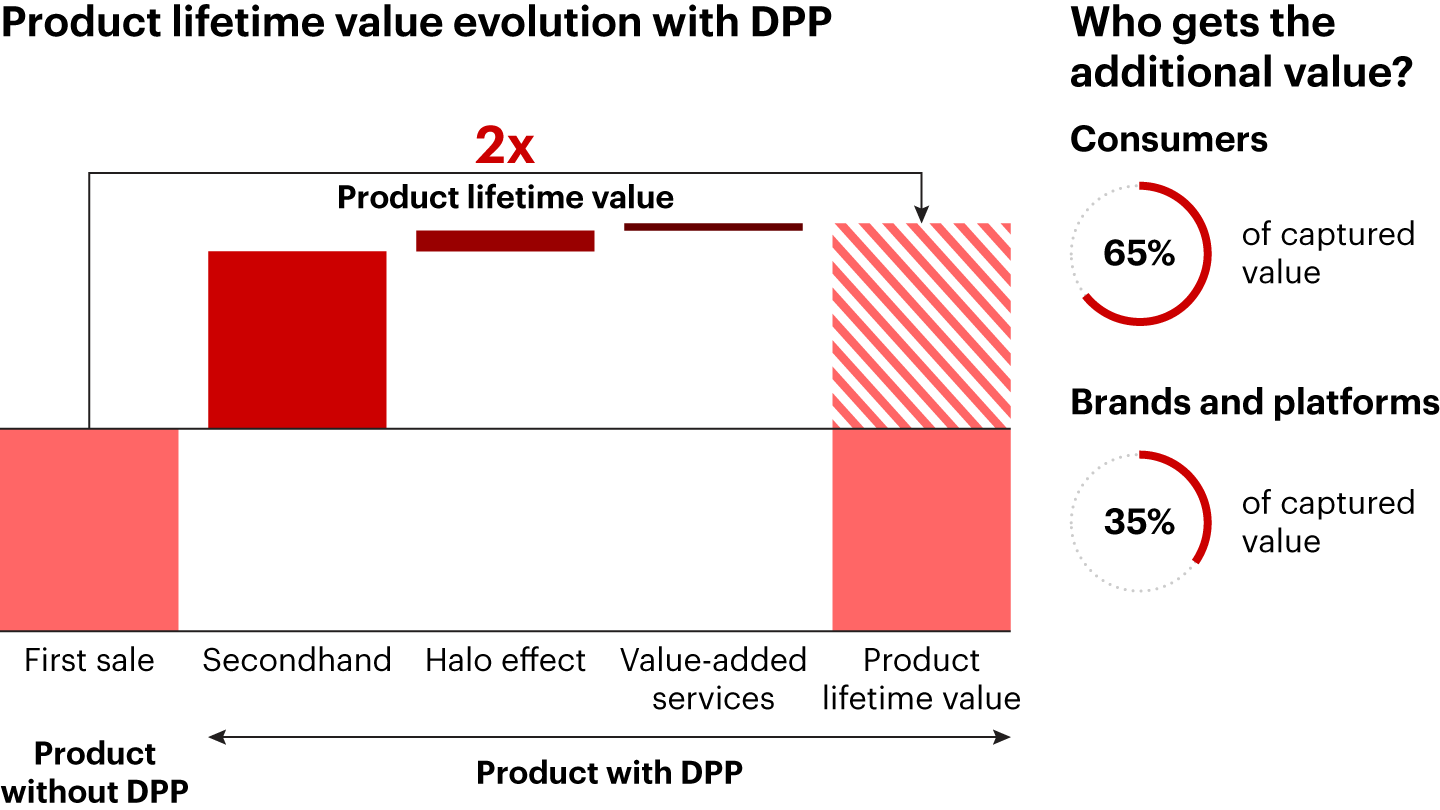
Source Bain & Company
Geographic Focus
European Union—where ESPR mandates DPPs for textiles by 2026 and most physical products by 2030.
Supporting Data & Figures
- A fashion item sold for £500 today could generate an additional £500 in resale and services with a DPP.
- Consumers could capture up to 65% higher resale value due to improved trust and reduced friction.
Timeline or Key Dates
- 2026: DPPs mandatory for textiles under EU ESPR.
- By 2030: DPP requirement extends to nearly all physical products sold in the EU.
Sources Cited
- Original research from Bain & Company
- FashionNetwork – Digital product passports could double fashion products’ lifetime value
- Bain & Company press release
- Apparel Resources – Digital Product Passport may double fashion items’ lifetime value
- Luxury Daily – Digital product passport regulation to reshape fashion resale market
- eBay Inc – How Tech and Circularity are Reshaping the Future of Fashion
What’s Next
Brands should begin implementing DPP infrastructure now, piloting resale and lifecycle services. Expect emergence of authentication providers, resale platforms and ESG reporters integrating DPP data. Regulators will enforce ESPR compliance. Collaboration on standards, interoperability and consumer education will be critical.
Expert Analysis
Dr. Maria Stein, Circular Economy Analyst: “DPPs shift fashion from linear sales to lifecycle partnerships—those who lead will capture the next wave of value.”







